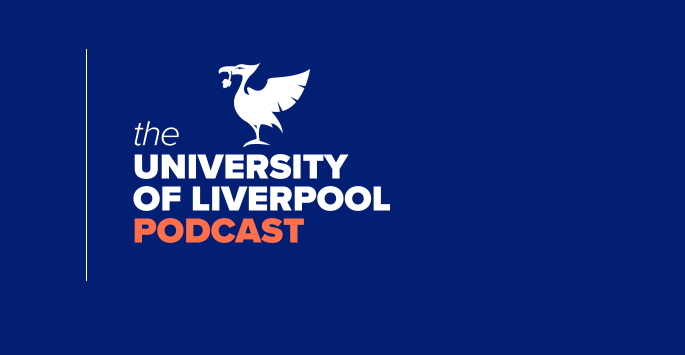The challenge
HIV affects low- and middle-income countries disproportionately and is the leading single cause of death in Africa. Modern anti-viral medicines, when started at an early stage, can allow a nearly normal life span and dramatically lower the chance of infecting others. However, the high cost of HIV drugs prevents access in the most severely affected nations.
Pioneering research led by Professor Steven Rannard and Professor Andrew Owen at the University of Liverpool is accelerating global efforts to make cheaper HIV therapies available to more people by using solid drug nanoparticles (SDNs).
Research action
SDNs are tiny particles that enhance drug absorption. Their tiny 200-600nm diameter means less drug is needed to provide the same blood concentrations as conventional oral tablets. Using less drug means lower costs per patient and better use of available supplies, making effective treatments available to more people.
The research utilises proprietary technology to generate libraries of nanoparticle candidates that are screened for pharmacological benefits. In recent programmes, this approach has taken as little as three years to advance new programmes to first-in-human clinical trials.
Working in partnerships
The poorest countries need these new medicines the most, so the University has chosen a non-profit development pathway for HIV therapies, licensing these medicines for charitable use through a partnership with Medicine Patent Pool, a United Nations-backed public health organisation.
The partnership is also working with other leading charitable partners such as the Clinton Health Access Initiative. The project was funded by a Research Councils UK (RCUK) Grand Challenge grant followed by additional EPSRC funding.
Outputs and outcomes
Two human clinical trials have been conducted and represent the first studies of orally dosed nanomedicines for HIV. The team are also actively targeting paediatric therapies, and the technology can be used with other oral, long-acting injectable and topical therapies. In other infectious disease research, long-acting injectable prophylactics have been developed for malaria and the team are also targeting tuberculosis.
The cross-Faculty, multi-disciplinary team includes members of the Department of Molecular and Clinical Pharmacology, honoured with a Queen’s Anniversary Prize in 2017 for improving the safety and effectiveness of medicines, as well as materials experts from the Department of Chemistry, awarded a Regius Professorship in 2016 as part of the Queen’s 90th birthday celebrations.
The University of Liverpool has chosen a non-profit development pathway for its nanomedicine-based HIV therapies.
Professor Steven Rannard
Back to: Department of Chemistry

